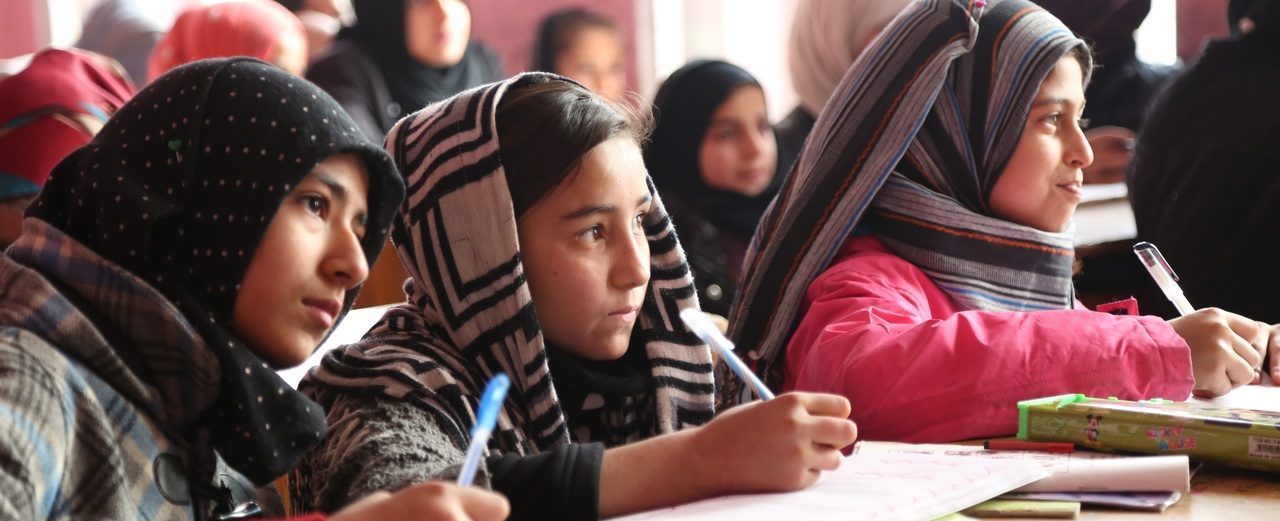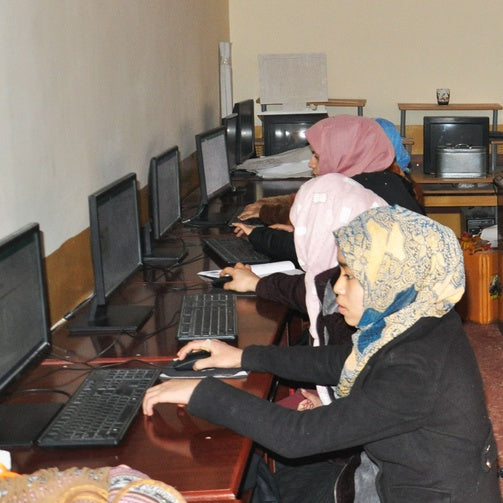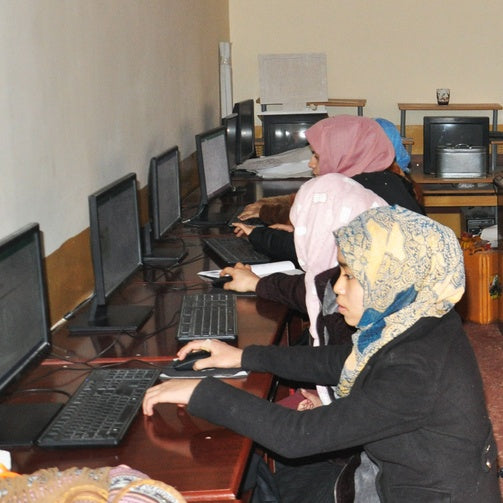Day 11
Three minutes of computer science lessons for a child in Afghanistan
 “Power on” at Kabul’s schools “Power on” at Kabul’s schools
“Power on” at Kabul’s schools “Power on” at Kabul’s schools


Computer courses for students in Afghanistan

need
Computer courses for schoolchildren to counteract the digital illiteracy rate.
activity
Additional teachers teach the students and at the same time train other teachers in the use of computers.
Measurable performance
Number of hours that the hired teachers can teach.
Result
The students and teachers have relevant computer skills and computer lessons are included in regular classes.
Systemically relevant impact
The opportunities for further education and training as well as future career prospects for the students are improving.
background


The good deed
AboutAfghanistan
Kabul
Capital city

35,500,000
Population
1.824
Gross domestic product
per capita per year
Rank 168 of 189
Human Development Index
(Human Development Index)



